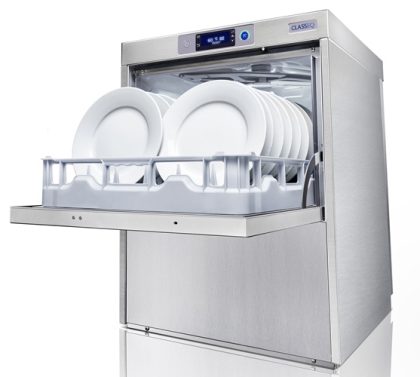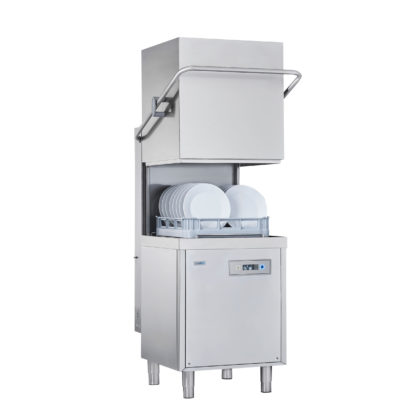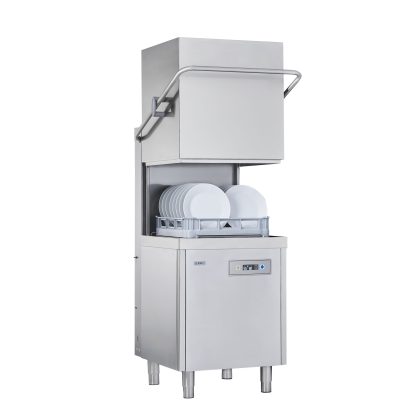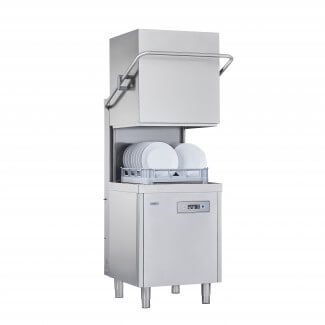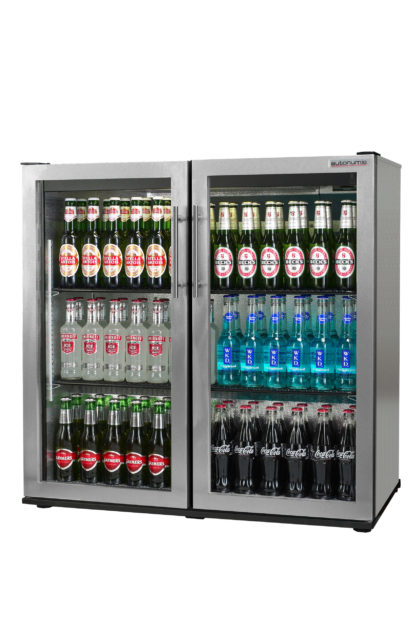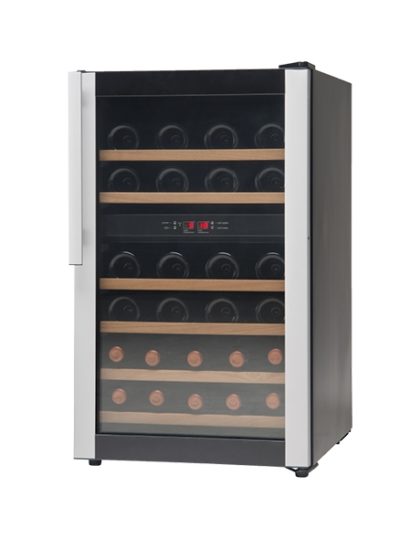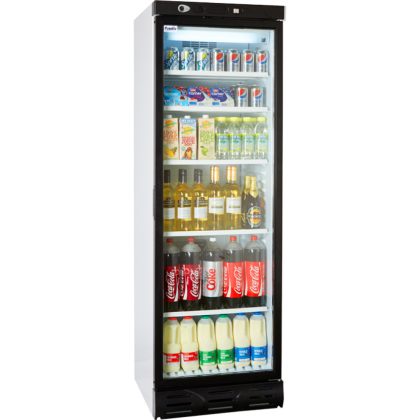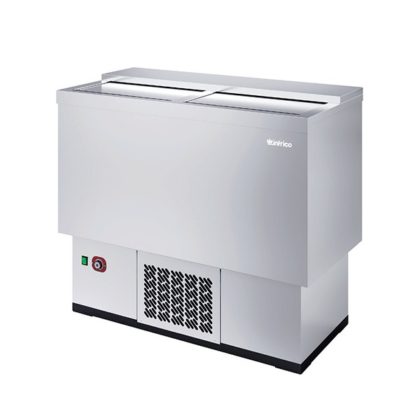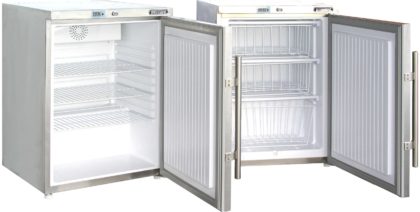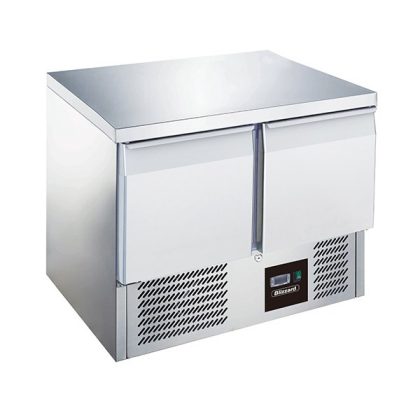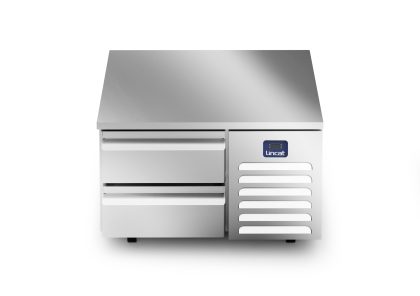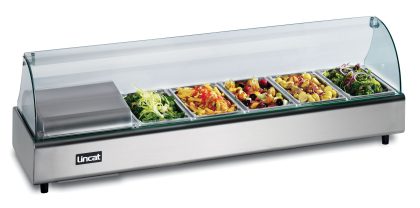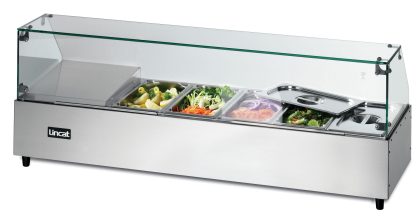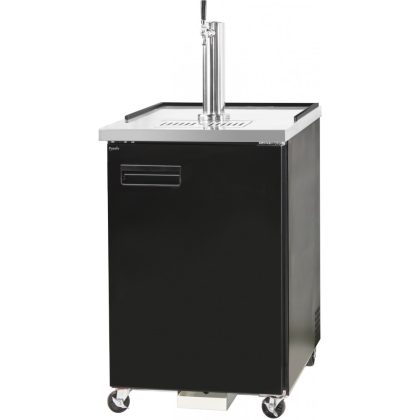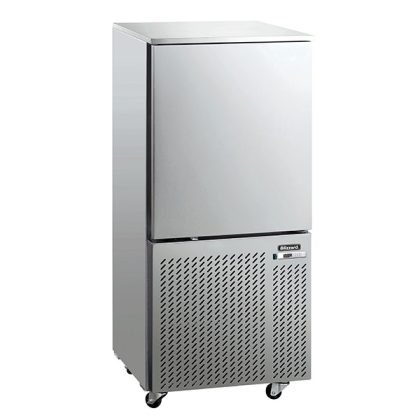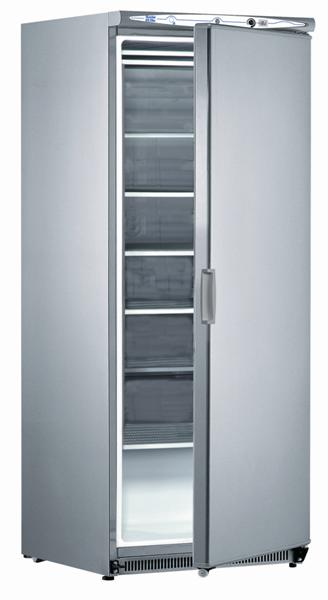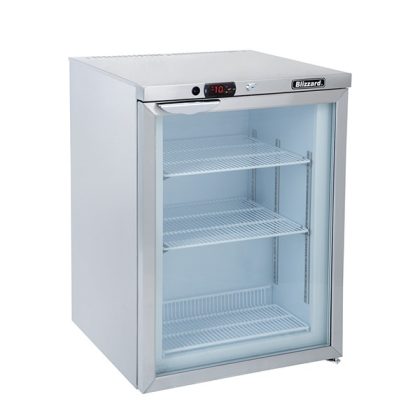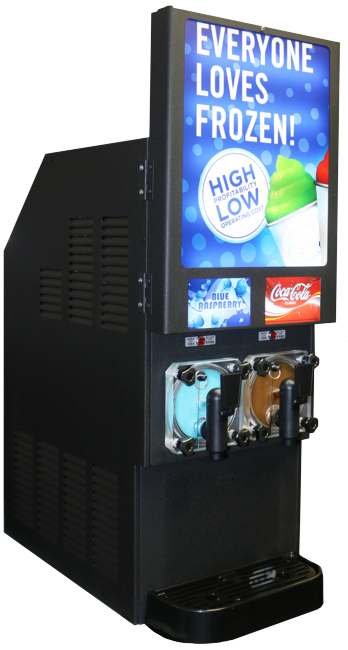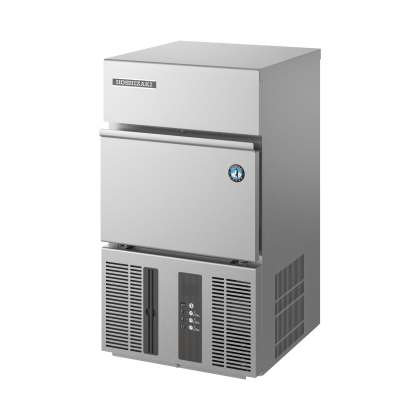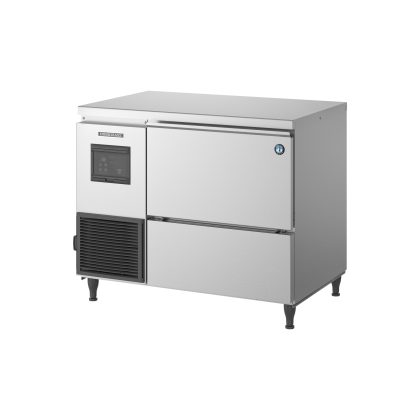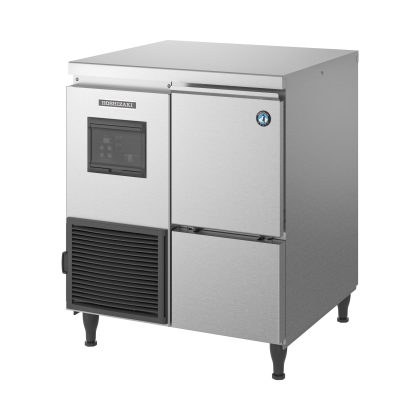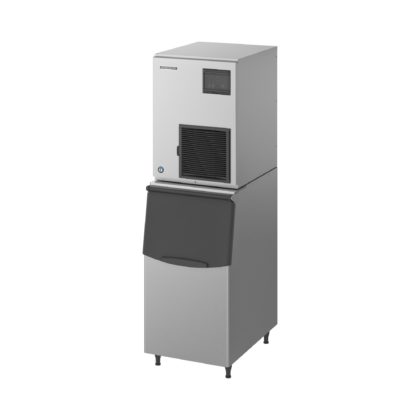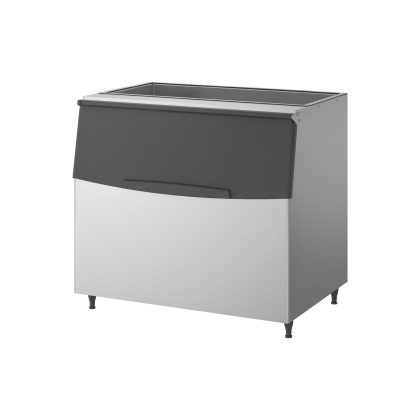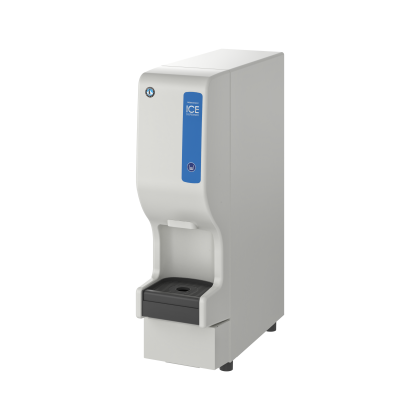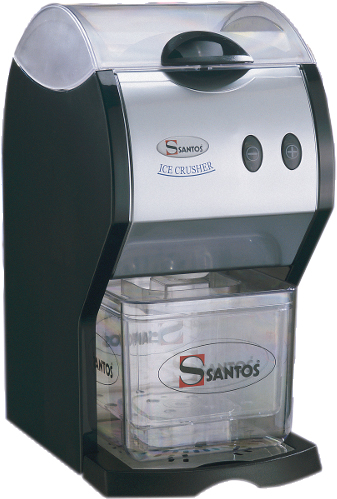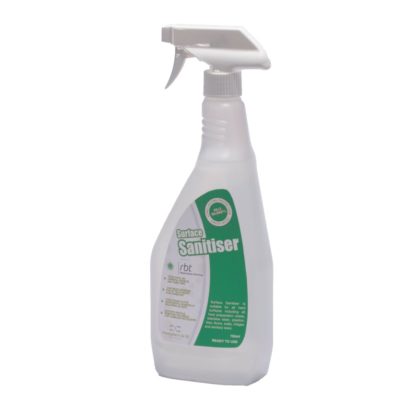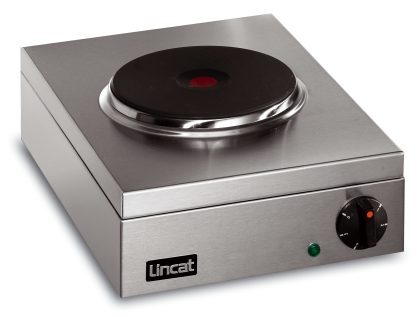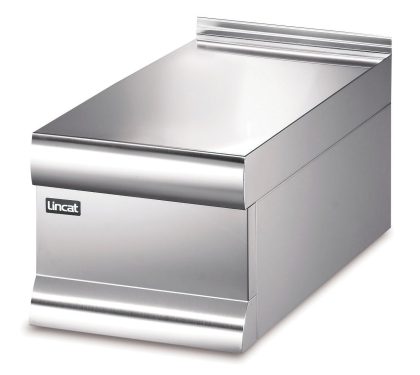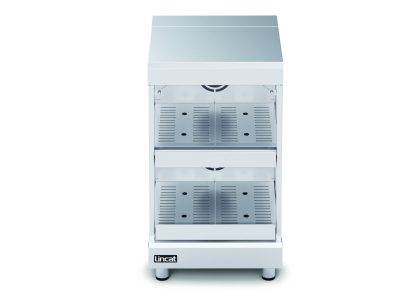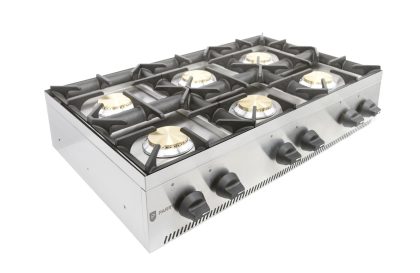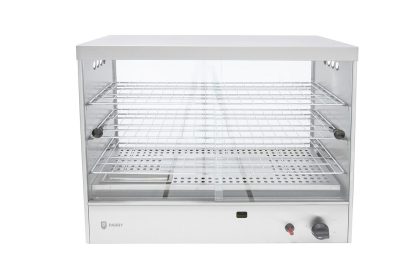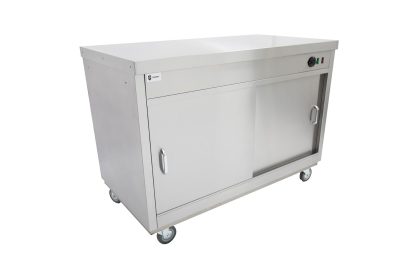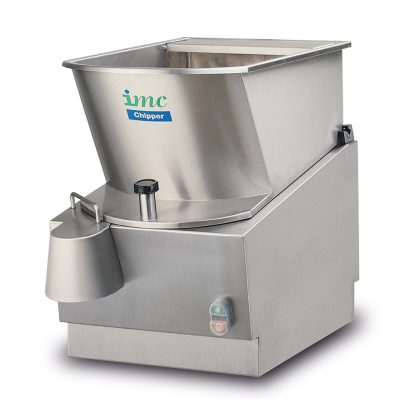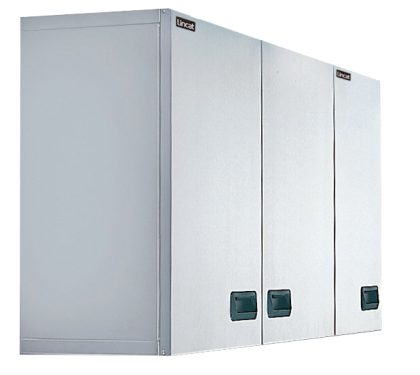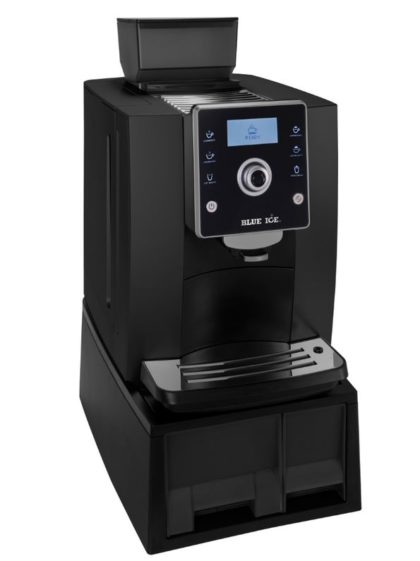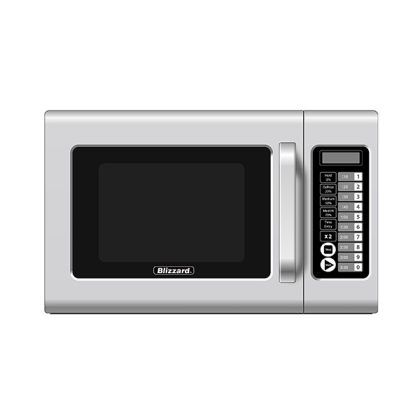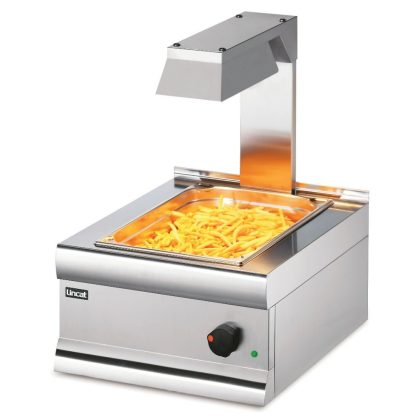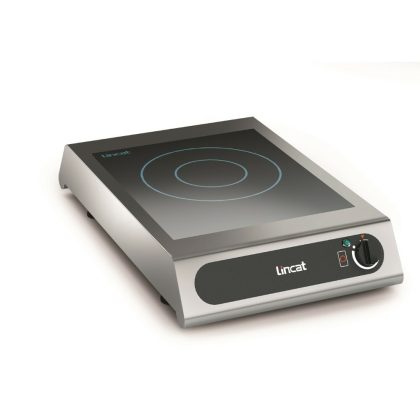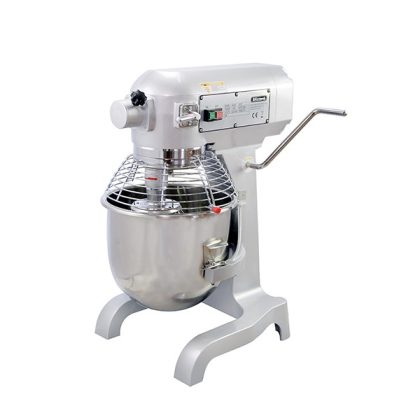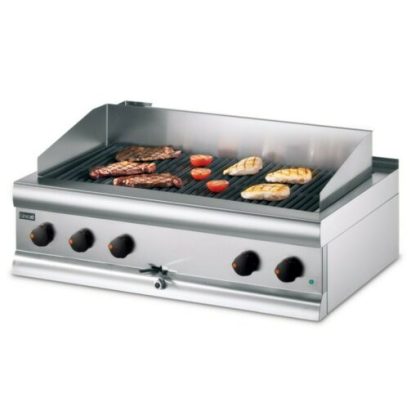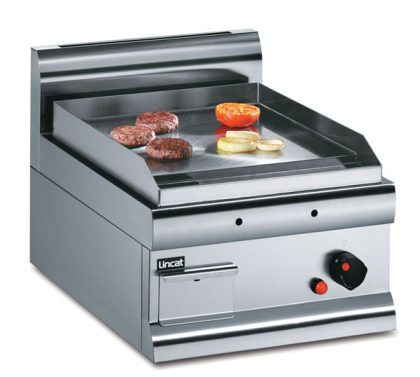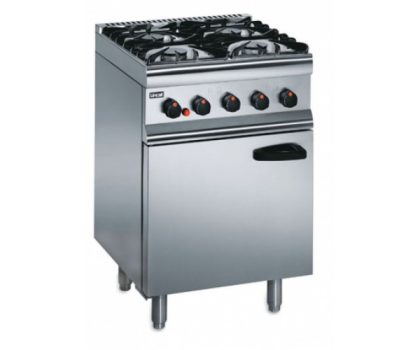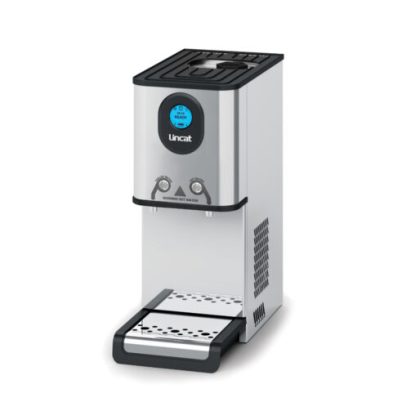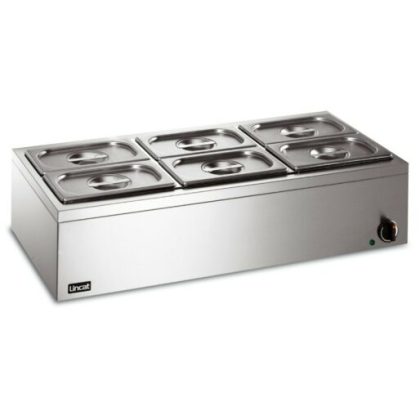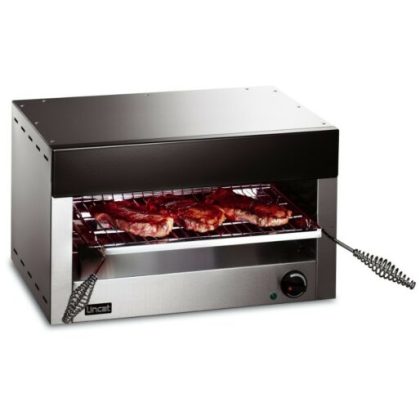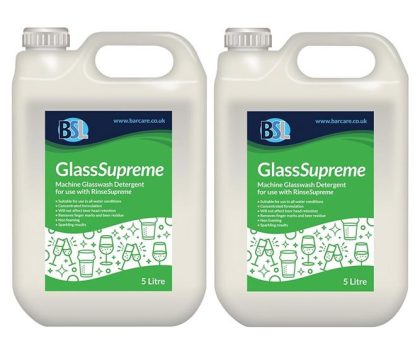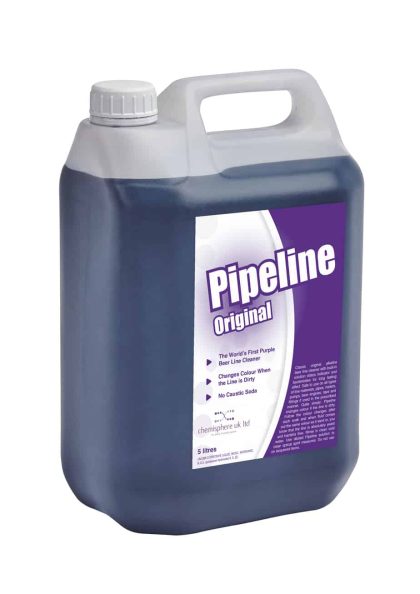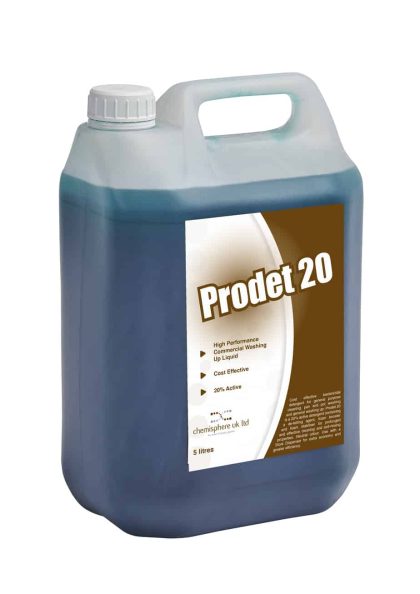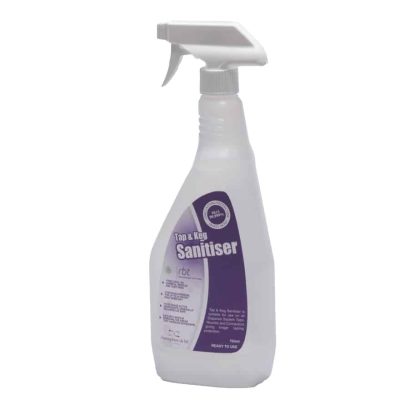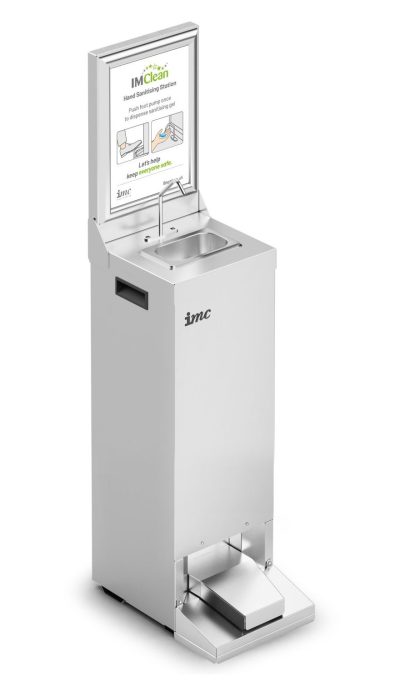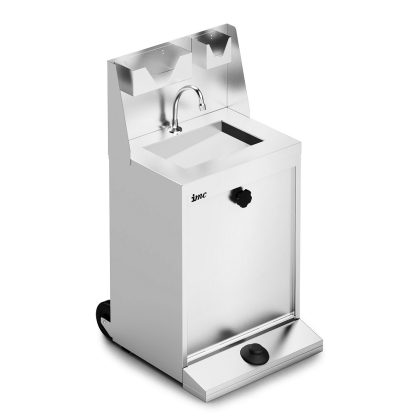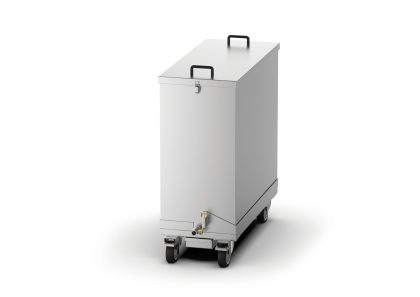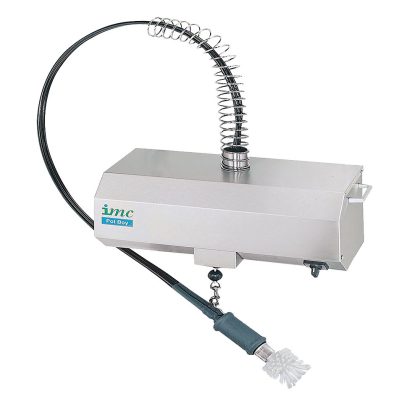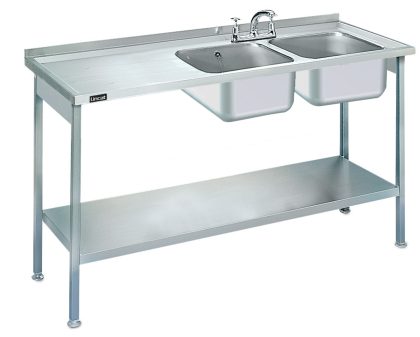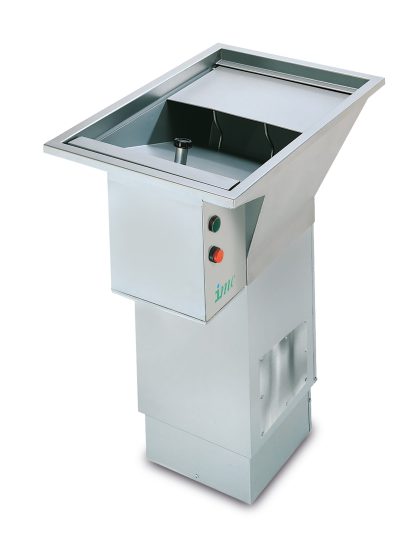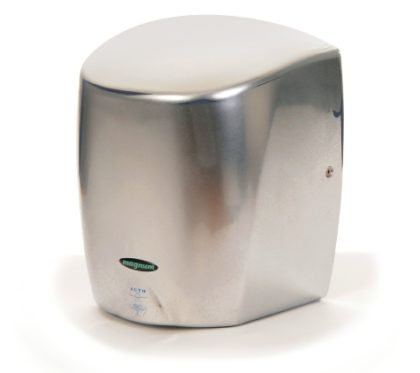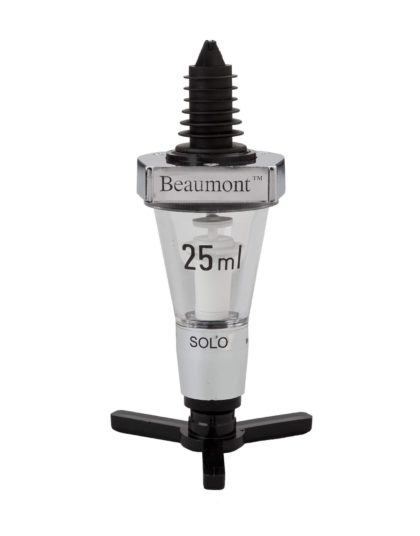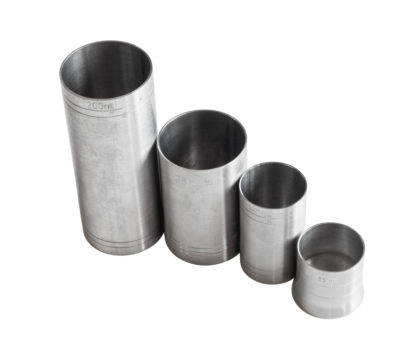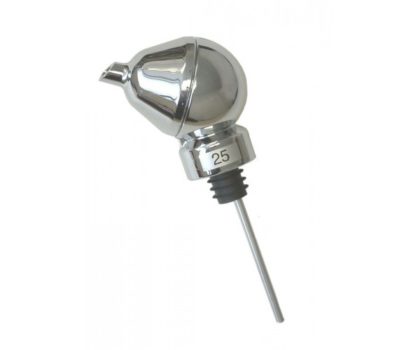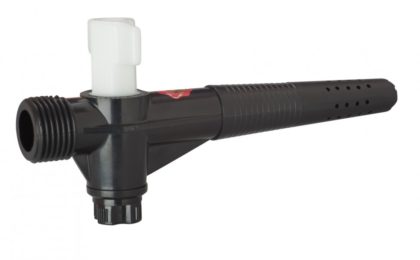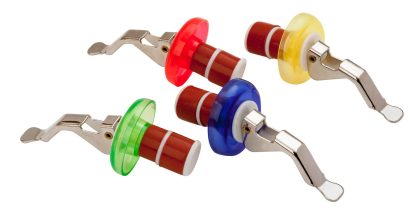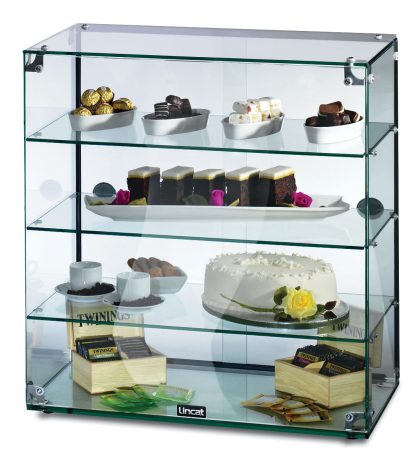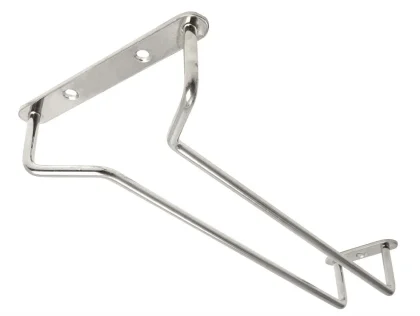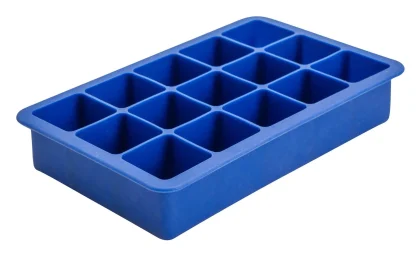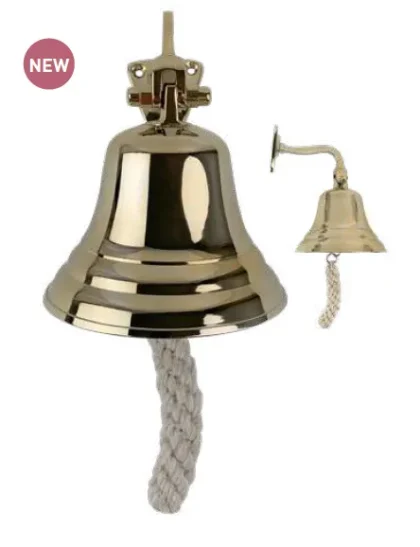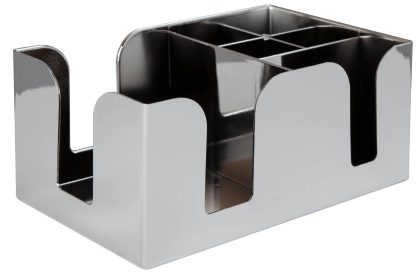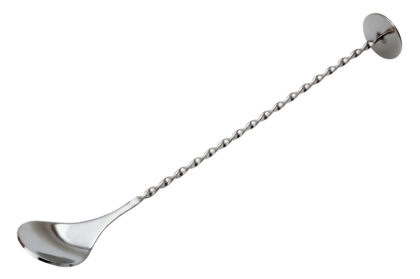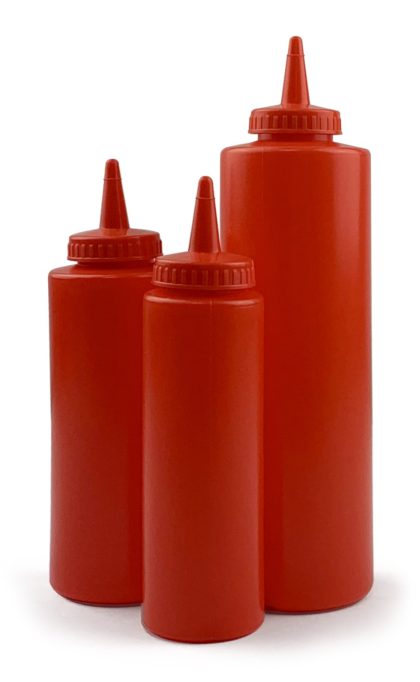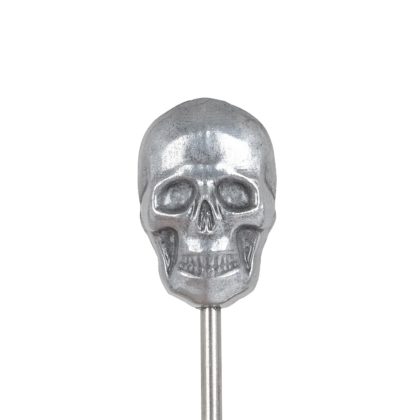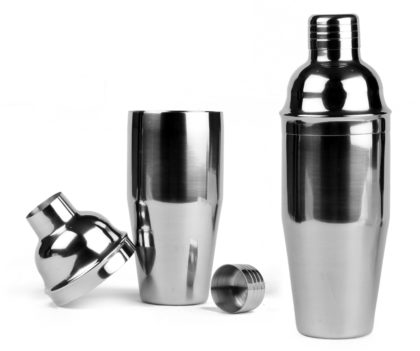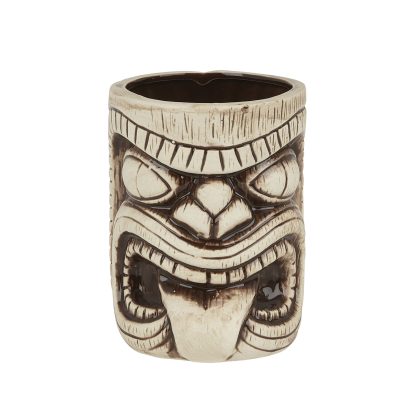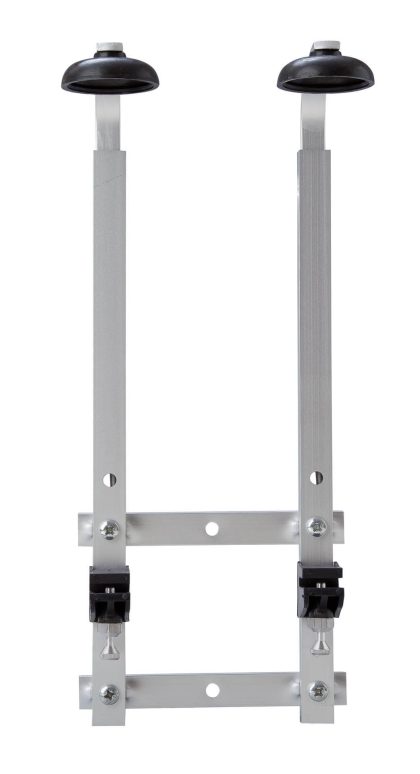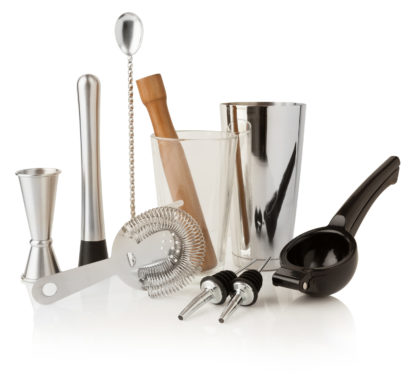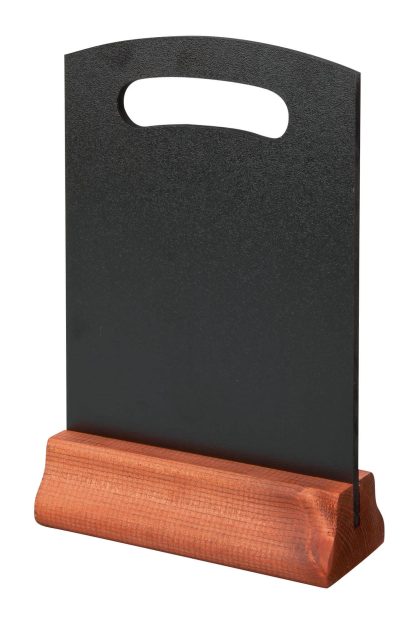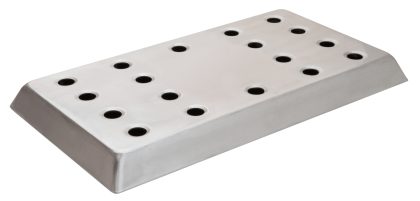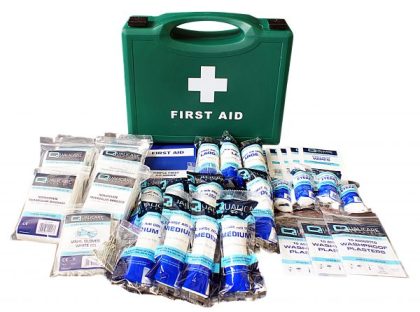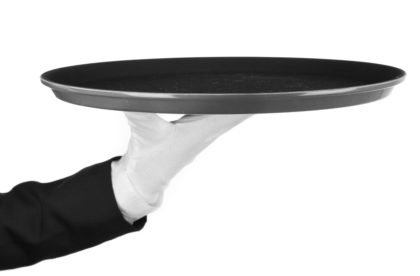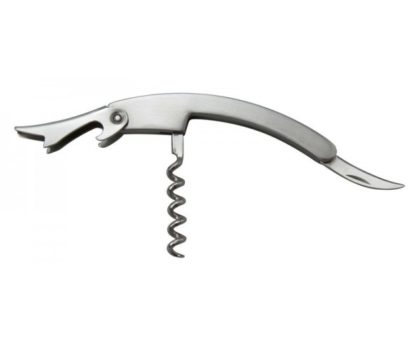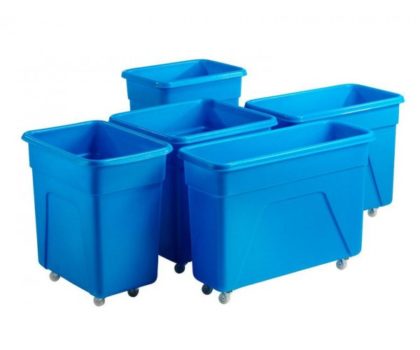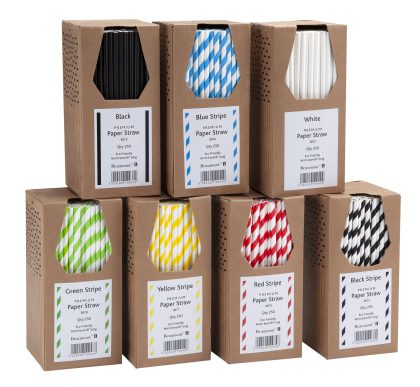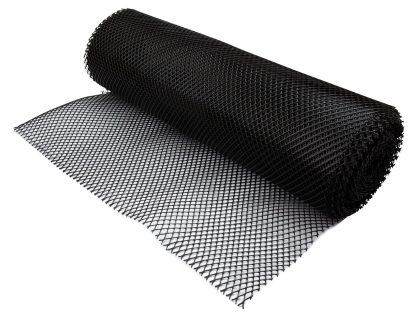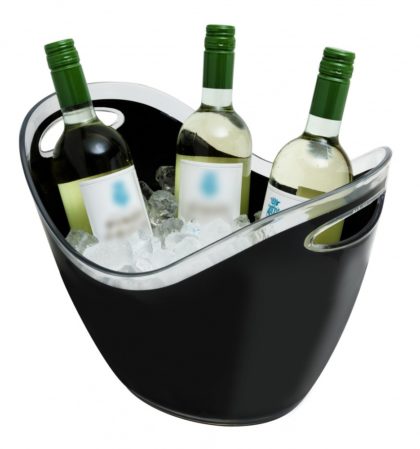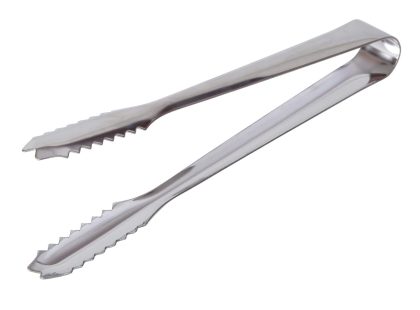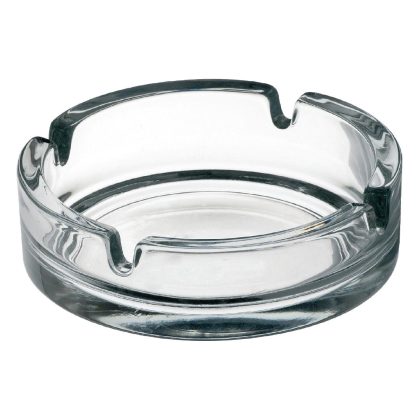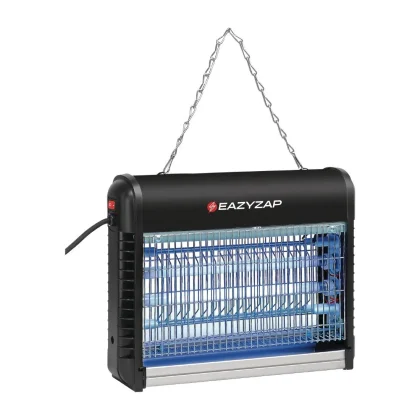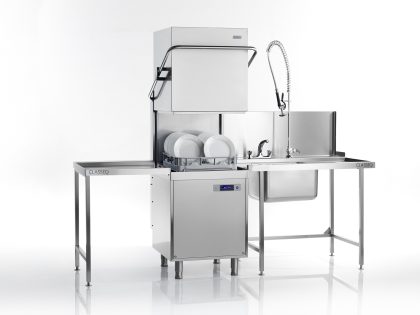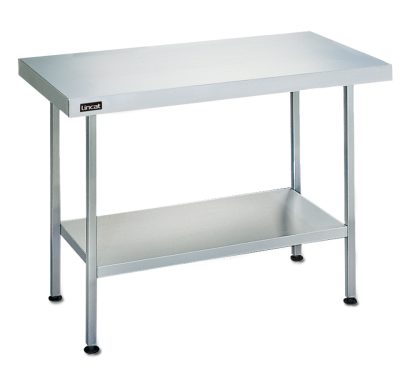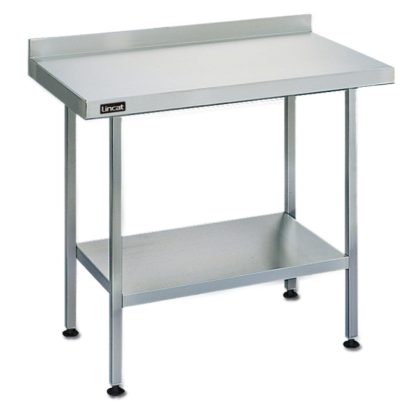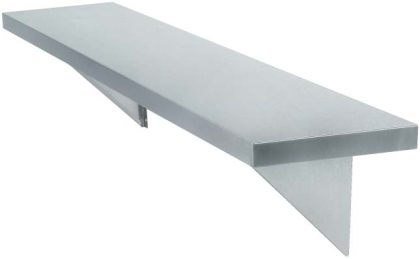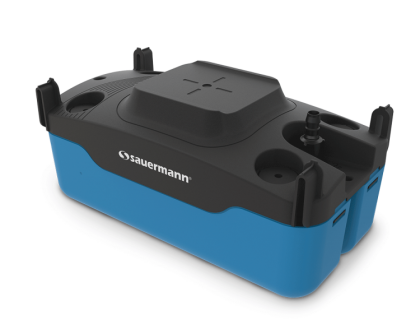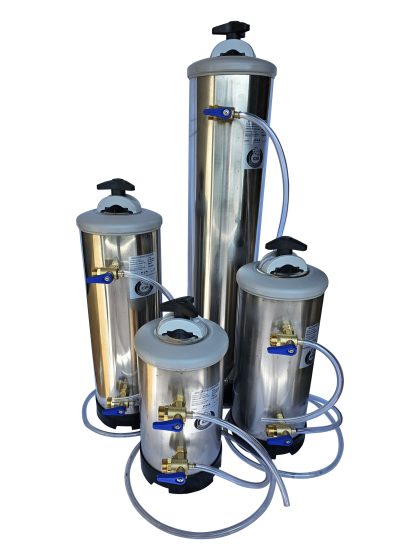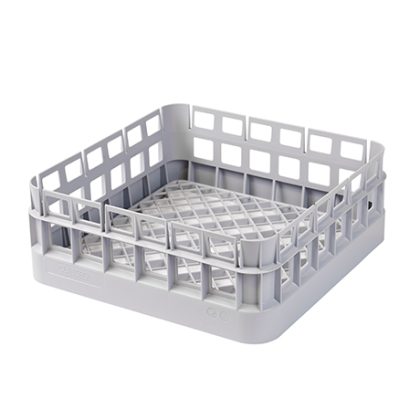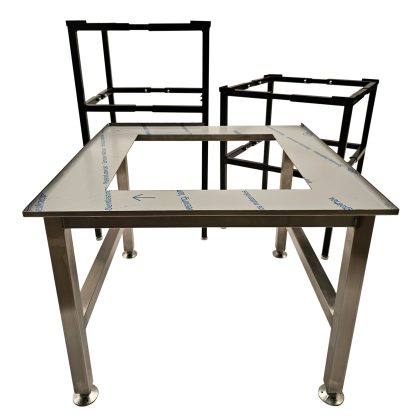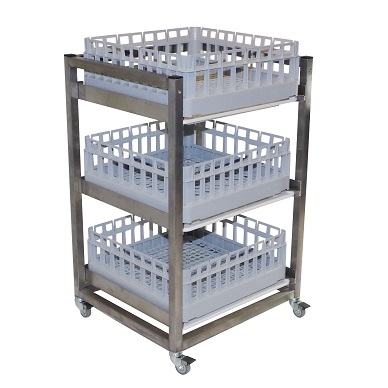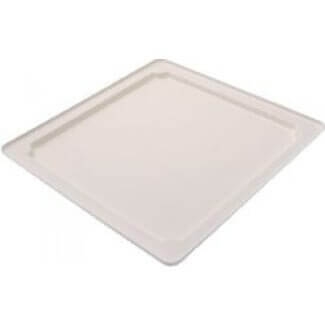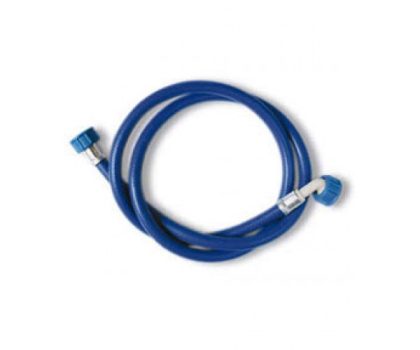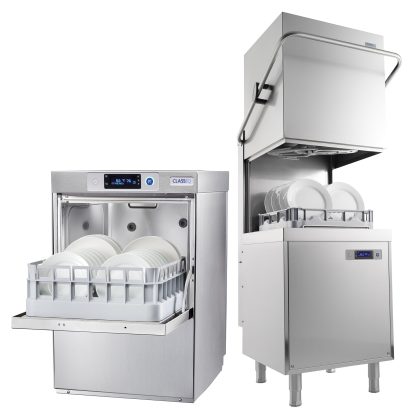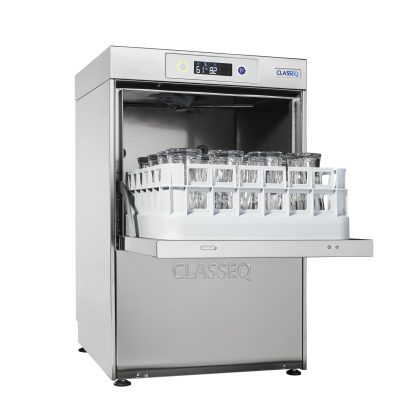Water softener removes hard minerals like calcium and magnesium from your water, preventing limescale buildup, reducing appliance wear, and improving skin and hair health. In this FAQ’s post, we will explore quality water softeners.
Installing a water softener is a great option if you have hard water, as it prevents limescale buildup, protects appliances, and can improve skin and hair health. While softened water contains added sodium, it’s safe to drink unless you’re on a low-sodium diet. Despite some downsides like potential pipe corrosion and environmental impact, the benefits—such as extended appliance life and reduced maintenance—often make it a worthwhile investment. Check out Barcare’s options to find the right model for your home.
Water softeners are effective, especially in the UK, by preventing limescale buildup, protecting appliances, and reducing cleaning time. They are safe to drink from, though they contain added sodium, which may not suit those on low-sodium diets. While there are some downsides like maintenance costs and potential pipe corrosion, the long-term benefits, including extended appliance life and improved water quality, make them a smart investment. Explore affordable options at Barcare.
Water softeners in the UK are worth the investment, especially in hard water areas. They reduce limescale, protect appliances, and make cleaning easier. While installation can vary in cost, running a softener typically costs £30-£70 annually. Though there are some downsides, like sodium increase and maintenance. Barcare offers affordable, efficient options that provide long-term savings and improved water quality.
How does soft water benefit plumbing systems?
▼
Soft water reduces scale deposits in pipes, improving water flow and extending the lifespan of plumbing. Regular use of soft water prevents costly repairs and replacements.
Can soft water be beneficial for household drinking water?
▼
Yes, soft water can make beverages like coffee and tea taste better, as it eliminates the hard minerals that can alter flavor.
Are there other options, or is a water softener the most effective?
▼
Alternatives like water conditioners exist, but they don’t remove hard minerals as effectively. Water softeners are a long-term solution for optimal water quality.
Is softened water safe to drink?
▼
Yes, softened water is safe for most people. While it contains a small amount of sodium, it’s generally within safe levels for consumption. Check with your water provider for specific details.
What is the typical lifespan of a water softener?
▼
With proper maintenance, a water softener can last 10-15 years. Choosing a quality model from a trusted provider, like Barcare’s selection of water softeners, ensures durability.
Can you use softened water for brushing your teeth?
▼
Yes, softened water is safe for brushing teeth and is preferred by many because it produces a richer lather with toothpaste.
Are there health benefits to drinking soft water?
▼
Soft water reduces exposure to hard minerals, which can be beneficial for those with kidney concerns or skin sensitivity.
Why are water softeners regulated in some areas?
▼
Some regions regulate softeners due to the sodium added in the softening process, which affects wastewater treatment. Always check local guidelines.
Is it beneficial to install a water softener in your home?
▼
Yes, installing a water softener enhances water quality, reduces scale buildup, and extends the life of appliances. For top-rated options, visit Barcare’s water softeners.
Is a water softener a worthwhile investment for your household?
▼
Absolutely, a water softener protects appliances, saves energy, and improves daily life. Explore options with Barcare’s water softener range.
Are there ways to soften water effectively without a traditional water softener?
▼
Water conditioners and descalers are alternatives, but they don’t remove minerals; they only prevent scale buildup. A traditional water softener is more comprehensive.
What are some positive aspects of using soft water?
▼
Soft water reduces soap and detergent needs, extends appliance lifespan, and improves skin and hair health by preventing residue buildup.
Why does a water softener help reduce limescale buildup?
▼
Water softeners remove calcium and magnesium, the primary minerals causing scale, so surfaces stay cleaner longer.
What are the advantages of buying a water softener?
▼
Advantages include less limescale, longer appliance lifespan, and better skin and hair health. For high-quality options, visit Barcare’s water softener section.
Does a water softener conserve water?
▼
A water softener uses a minimal amount of water during regeneration but, overall, it can save water by improving efficiency in appliances like washing machines.
How can a water softener improve water quality at home?
▼
Soft water is clearer, free from mineral deposits, and better for cleaning and drinking, enhancing your water experience.
How much is a water softener system?
▼
Water softener systems vary widely in price, ranging from £300 to over £1,000, depending on the type, capacity, and features. Check out different price points at Barcare.
Is it OK to drink water from a water softener?
▼
Yes, it’s safe to drink water from a water softener, though it contains added sodium. If you’re on a low-sodium diet, you may want to use an additional drinking water filter or consider a potassium-based softener.
Why is a water softener a good addition to a home?
▼
It improves water quality, reduces household maintenance, and enhances comfort.
How do I tell if I need a water softener?
▼
Signs you may need a water softener include visible limescale on taps, reduced soap lathering, dry skin after washing, and frequent appliance or plumbing issues due to scale buildup. If these are common in your home, a water softener from Barcare could help.
Why do I still get limescale with a water softener?
▼
If you’re still seeing limescale, the water softener might be undersized, not properly set for your water’s hardness level, or in need of maintenance. A quality water softener from Barcare can help address these issues.
Does a water softener use a lot of water?
▼
Water softeners use water during regeneration, though high quality models reduce this. The amount varies by model and water hardness. Look for the best options at Barcare’s water softener range.
Is it worth putting a water softener in your house?
▼
Yes, it’s often worth it if you have hard water. Water softeners protect plumbing, extend appliance lifespan, and reduce scale buildup, especially in the UK’s harder water regions. Consider the benefits of Barcare’s water softeners for your home.
Will I notice a difference with a water softener?
▼
Yes, with a water softener, you’ll likely notice less limescale, improved soap lathering, softer skin and hair, and a reduction in the need for descaling appliances.
Can I install a water softener myself?
▼
Yes, some homeowners can install a water softener themselves, especially if it’s a compact, user-friendly model. However, for larger or complex systems, professional installation is recommended to ensure proper functioning.
How does softened water support a cleaner home environment?
▼
Without limescale, surfaces are easier to clean, soap lathers better, and you’ll see less spotting on dishes and glassware.
Does a water softener add value?
▼
A water softener can add value to your home, particularly in hard water areas, as it helps protect plumbing and appliances, potentially appealing to future buyers. Choosing a water softener from Barcare offers great value for money, with high-quality options designed for efficiency and durability, making sure long-term savings and reliable performance.
What are the benefits of investing in a water softener?
▼
A water softener provides cleaner, softer water, reduces energy bills, and extends the life of plumbing and appliances.
How do I know if I really need a water softener?
▼
You may need a water softener if you notice limescale buildup, reduced soap lathering, or experience dry skin and hair after washing. If these issues are common, a water softener from Barcare could help.
Is it healthy to have a water softener?
▼
Yes, it’s generally safe and can improve skin and hair health. However, the added sodium may not be ideal for those on sodium-restricted diets, so consider a separate tap for unsoftened drinking water if needed.

